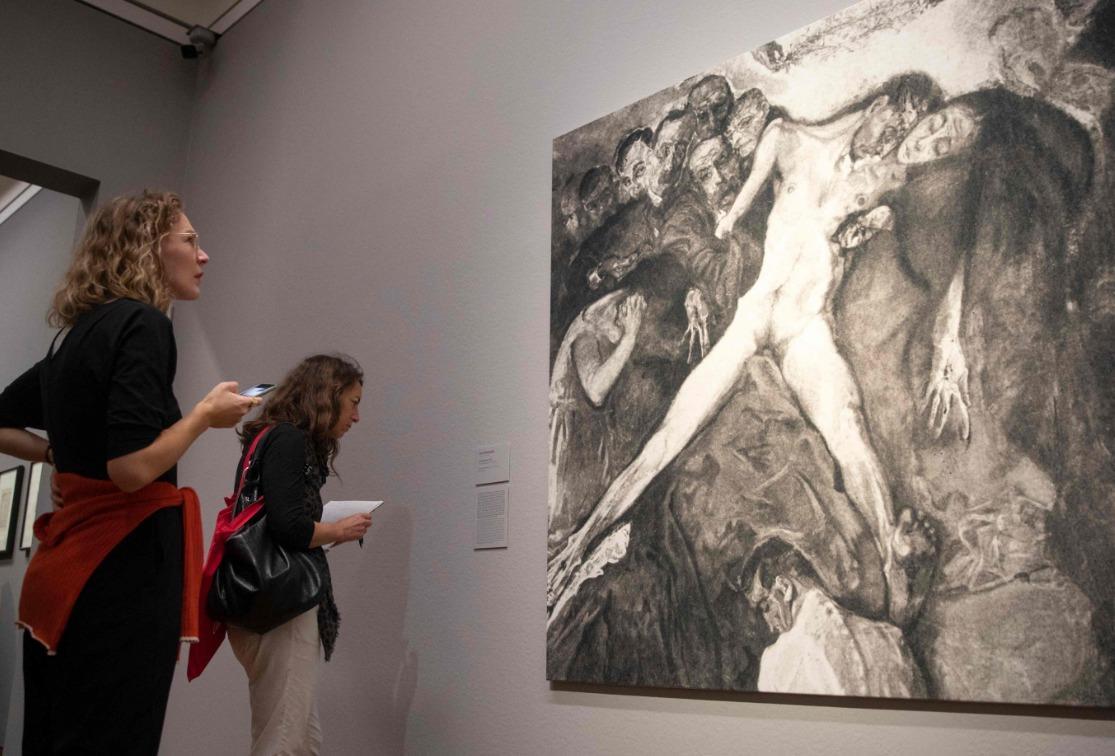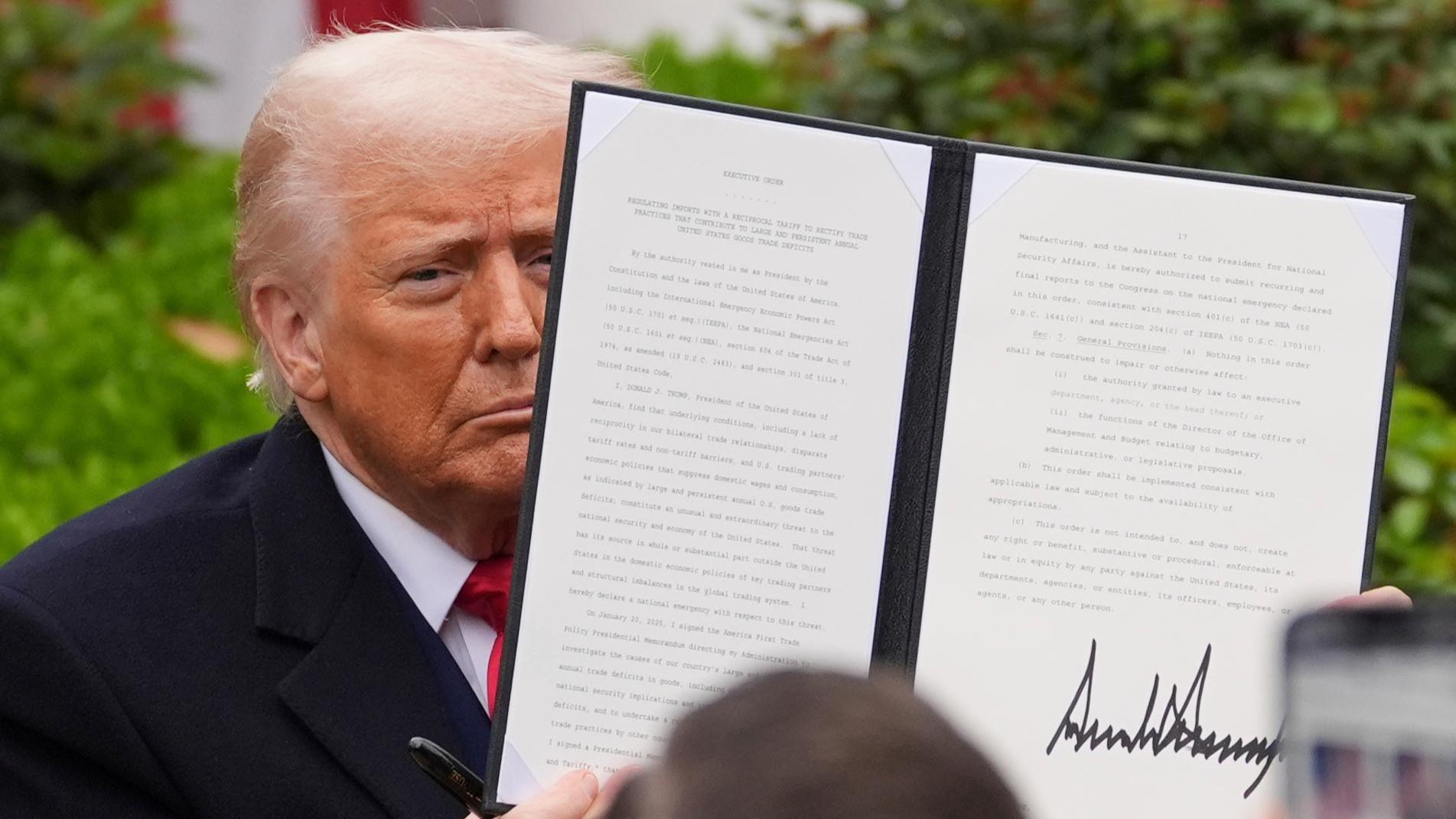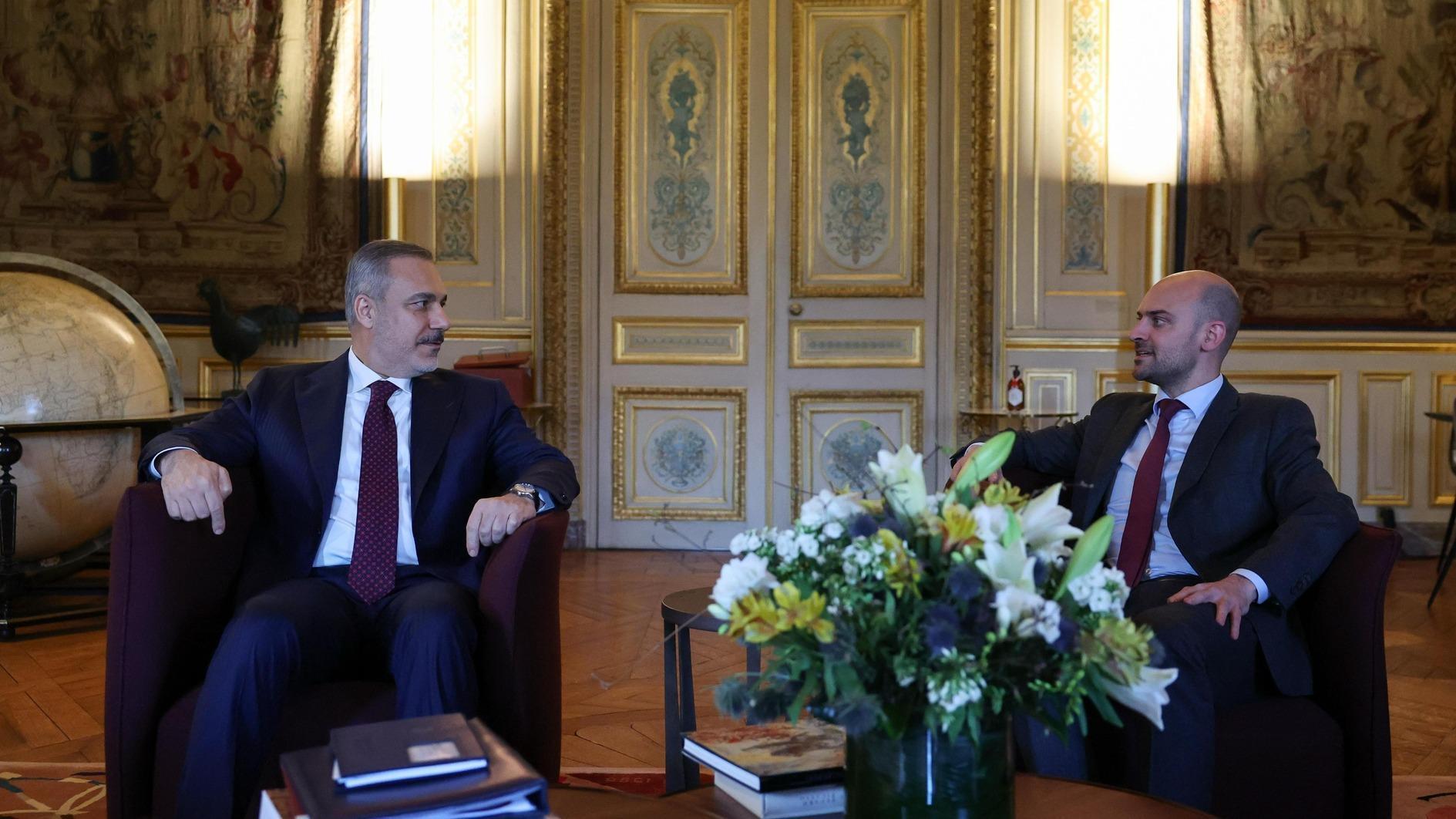Pioneering Austrian artist Oppenheimer gets retrospective
VIENNA

Denounced by a famous rival and hounded by the Nazis before being almost forgotten, Max Oppenheimer, a pioneer of expressionism and the avant garde, gets a major retrospective at Vienna's Leopold Museum.
The largest retrospective to date of the Austrian painter features over 170 works and seeks to revive his name and reputation after it almost fell into oblivion.
The museum, said curator Hans-Peter Wipplinger, "is inviting visitors to rediscover a significant yet almost forgotten oeuvre.”
The Leopold Museum is better known as home to a key collection of Austrian expressionist painter Egon Schiele's work.
Oppenheimer's expressionist and cubist paintings are among those the museum includes in the show, which reflects "about five decades of art history,” Wipplinger told AFP.
"He was always on the lookout for new stylistic challenges," he said.
Born in 1885 into a Jewish family in Vienna, Oppenheimer once shared a studio with his friend Egon Schiele after finishing his studies in Vienna and Prague.
Known for his lively portraits of the contemporary intellectual elite - including Sigmund Freud and writer Stefan Zweig - Oppenheimer was also passionate about music and interested in religious and mythological themes.
While some contemporaries admired the spirited brushwork of Oppenheimer, or "MOPP," he also made enemies.
Austrian artist Oskar Kokoschka waged a virulent campaign against his colleague, accusing him of plagiarism over a poster he had painted to promote one of his exhibitions.
Oppenheimer was frequently on the move, relocating nine times throughout his tumultuous life, including stays in avant-garde Berlin and Paris.
Openly homosexual as well as being Jewish, when Nazi Germany annexed Austria in 1938, he was forced to flee.
He emigrated via Switzerland to New York, where he died penniless and alone in 1954.
Many of Oppenheimer's works were either looted or destroyed once the Nazis came to power, but some are still thought to be hidden in private collections.
Setting up the large-scale retrospective required meticulous research by the Leopold Museum.
One of many items on display at the exhibition is a striking self-portrait, which is being shown in its homeland for the first time in 110 years.
The painting once belonged to Jewish art collector Oskar Reichel, whose vast collection was looted by the Nazis.
After resurfacing in April in an auction catalogue, the self-portrait was returned to Reichel's descendants before the Leopold Museum purchased it from them. The exhibition runs until Feb. 25.
















